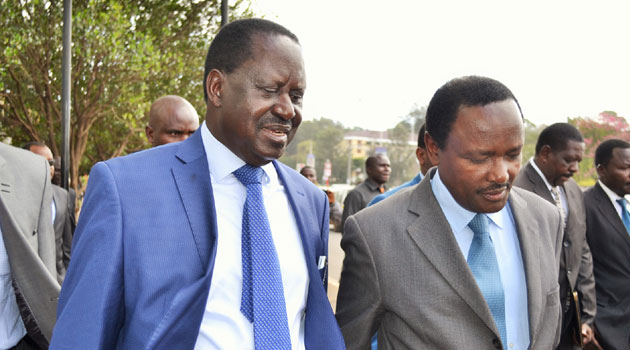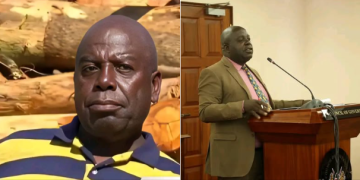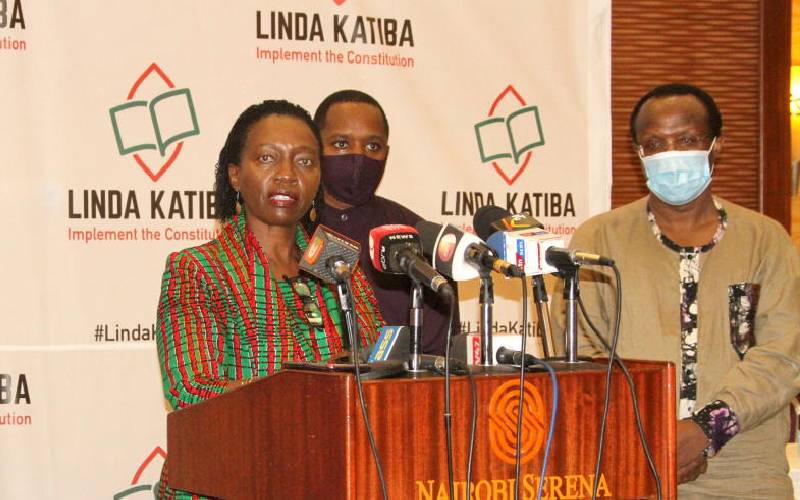The elections are over, and the Independent Electoral and Boundaries Commission (IEBC) pronounced William Ruto of the Kenya Kwanza Alliance as the president-elect.
However, there have been a lot of drama surrounding Ruto’s win, and the country is just patient to see how things will turn out.

Raila Odinga, Ruto’s main opponent and the flag bearer of the Azimio One Kenya coalition rejected Ruto’s win on grounds that it was not credible.
He vowed to proceed to the Supreme Court to have Ruto’s win nullified. More so, he has already assembled 30 lawyers to help him present a strong case that will see him win.
However, most Kenyans are already tired of election drama, considering Raila has never conceded in the past elections.
In this article, Mkenya Leo looks at the three most critical arguments Raila will probably use to compel the Supreme Court judges to overturn Ruto’s win.
The Divisive IEBC
The division we are witnessing in the IEBC is a good argument when questioning the credibility of the results On the day Ruto was pronounced the winner, we saw a fiasco involving four IEBC commissioners disowning IEBC chairman Wafula Chebukati’s results. The four, Juliana Cherera, Justus Nyang’aya, Irene Masit, and Francis Wanderi, held a parallel press briefing to claim that the final tallying process was opaque. They later revealed that Chebukati had closed them out of the tallying process, questioning his motives.
In his defense, Chebukati released a statement claiming that the four wanted him to alter the results to favor a run-off between Ruto and Raila.
While we may never know which party is telling the truth, this division makes Raila and Kenyans lose trust in the IEBC. Thus, the division argument can make a strong argument.
Voters Turnout
There has been a question about voters’ turnout. Initially, Chebukati had announced that there was a 65.4% voter turnout. This percentage translates to 14, 466, 779 voters. However, this figure does not match the final tally of 140, 326, 751 votes, which means that 140, 028 votes have not been accounted for.
Irregular Voting Pattern
Reports indicate that there were huge differences in the number of votes cast in the different positions. This irregularity makes it difficult for IEBC to account for the spoilt and rejected votes, which are critical when determining the credibility of an election.









































